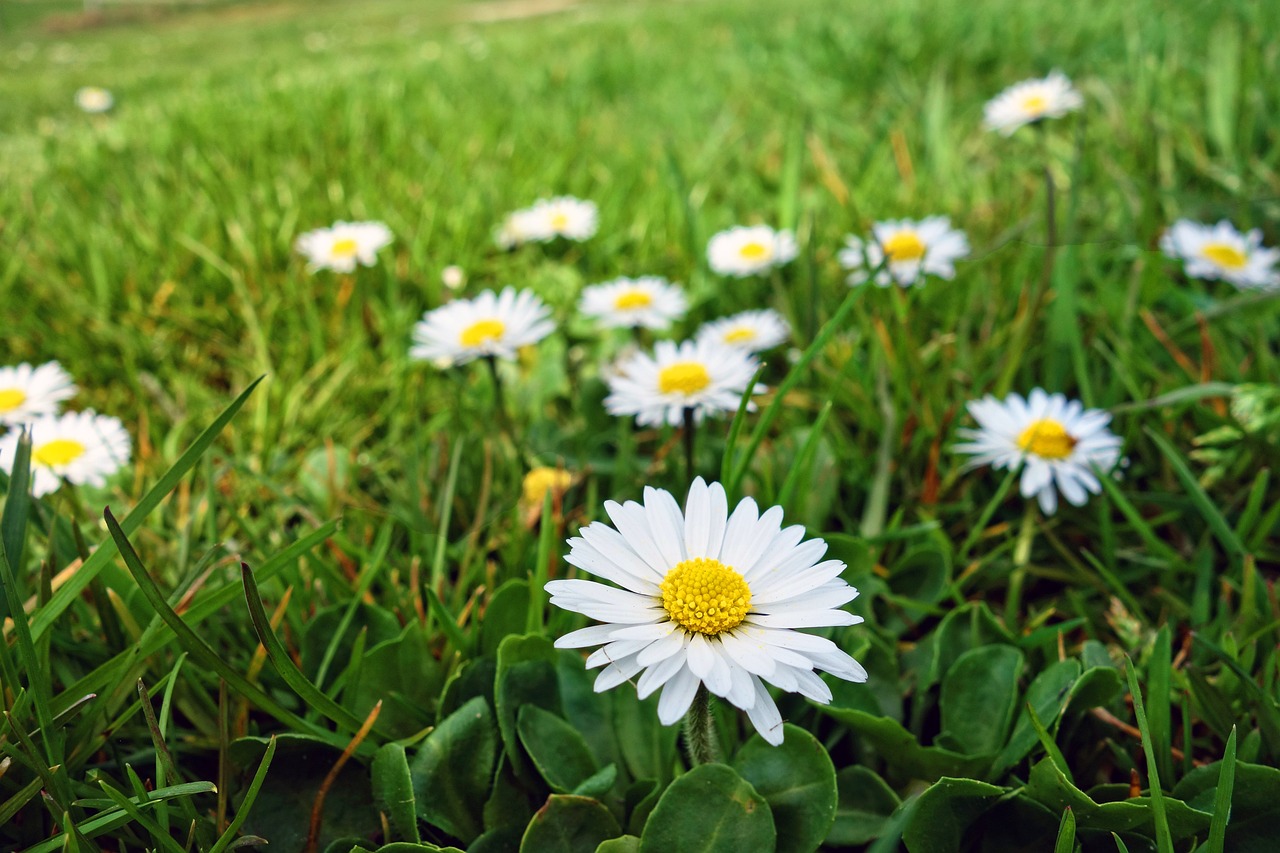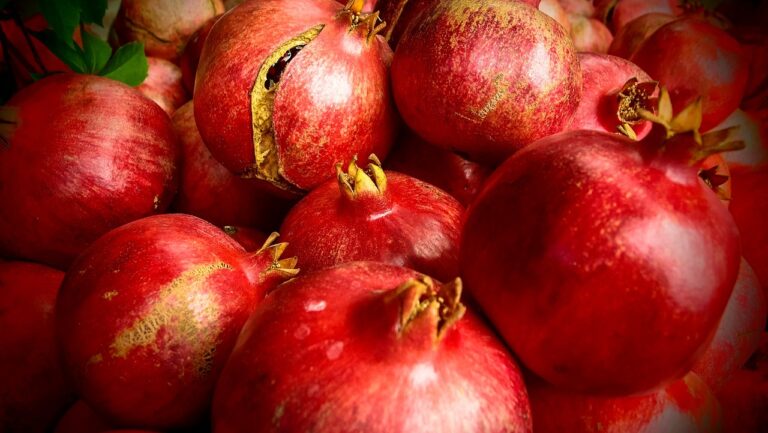Exploring the Role of Bottled Water in Sustainable Tourism
crickbet99, sky 99 exch id, reddy anna casino:Exploring the Role of Bottled Water in Sustainable Tourism
As travelers, we often find ourselves in situations where we need access to safe drinking water. In many destinations, tap water may not be safe for consumption, leading us to turn to bottled water as a convenient and readily available option. However, the use of bottled water in the tourism industry raises important questions about sustainability and environmental impact. In this article, we will explore the role of bottled water in sustainable tourism and discuss potential alternatives and solutions.
The Environmental Impact of Bottled Water
Bottled water has a significant environmental impact, from the production and transportation of plastic bottles to the disposal of empty containers. According to the Earth Policy Institute, it takes 1.5 million barrels of oil to produce the plastic bottles used in the United States alone each year. Additionally, the energy required to produce and transport bottled water contributes to carbon emissions and air pollution.
Moreover, plastic bottles often end up in landfills or oceans, where they can take hundreds of years to decompose. This leads to pollution of waterways and harm to marine life. In fact, a study by the Ellen MacArthur Foundation estimates that by 2050, there may be more plastic than fish in the world’s oceans if current trends continue.
The Role of Bottled Water in Sustainable Tourism
In the context of sustainable tourism, the use of bottled water presents a dilemma. On one hand, access to safe drinking water is essential for the health and well-being of travelers. On the other hand, the environmental impact of bottled water can undermine the principles of sustainable tourism, which aim to minimize negative impacts on the environment and local communities.
One approach to addressing this issue is to promote the use of reusable water bottles among travelers. By providing access to filtered water refill stations in hotels, restaurants, and tourist sites, destinations can reduce the demand for single-use plastic bottles. This not only reduces plastic waste but also helps to save resources and reduce carbon emissions associated with the production and transport of bottled water.
Another solution is for hotels and tour operators to offer sustainable alternatives to bottled water, such as water coolers with reusable glass or stainless steel bottles. This not only reduces the environmental impact of plastic bottles but also promotes sustainable practices among travelers and local communities.
FAQs
Q: What are the alternatives to bottled water in sustainable tourism?
A: Some alternatives to bottled water in sustainable tourism include promoting the use of reusable water bottles, providing access to filtered water refill stations, and offering water coolers with reusable bottles.
Q: How can travelers reduce their reliance on bottled water?
A: Travelers can reduce their reliance on bottled water by carrying a reusable water bottle, using water purification tablets or filters, and supporting establishments that offer sustainable water alternatives.
Q: What are the benefits of reducing the use of bottled water in tourism?
A: Reducing the use of bottled water in tourism helps to minimize plastic waste, conserve resources, and reduce carbon emissions associated with the production and transport of bottled water. It also promotes sustainable practices and fosters a culture of environmental responsibility among travelers and tourism industry stakeholders.
In conclusion, the role of bottled water in sustainable tourism is a complex issue that requires careful consideration and proactive solutions. By promoting the use of reusable water bottles, offering sustainable alternatives, and raising awareness among travelers and industry stakeholders, we can work towards a more environmentally friendly and responsible approach to water consumption in the tourism sector. Together, we can make a positive impact and contribute to a more sustainable future for our planet.







